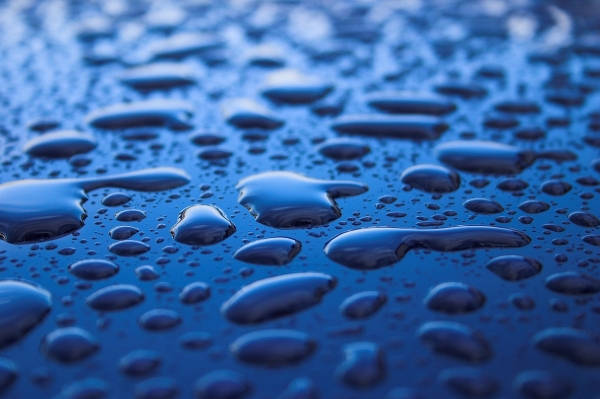The global chemical industry is a major fossil fuel consumer and climate change contributor; however, new Curtin University research has identified how the sector could clean up its green credentials by getting dirty.
The global chemical industry is a major fossil fuel consumer and climate change contributor; however, new Curtin University research has identified how the sector could clean up its green credentials by getting dirty.
Most chemical reactions involving electricity and organic materials can’t be done efficiently using water because the organic materials don’t dissolve well, forcing industry to use fossil fuels to provide heat rather than electricity or use alternative substances to water, which add environmental and safety risks.
However, a team of researchers led by Associate Professor Simone Ciampi, from Curtin’s School of Molecular and Life Sciences, has found chemical reactions in water can be dramatically sped up by adding a water-resistant material to an electrode – a process known as “fouling”.
“Fouling goes completely against conventional wisdom, which says you have to have clean instruments to make processes using an electrode as efficient as possible,” Professor Ciampi said.
Read more at Curtin University
Photo Credit: Thecheapshot via Pixabay




